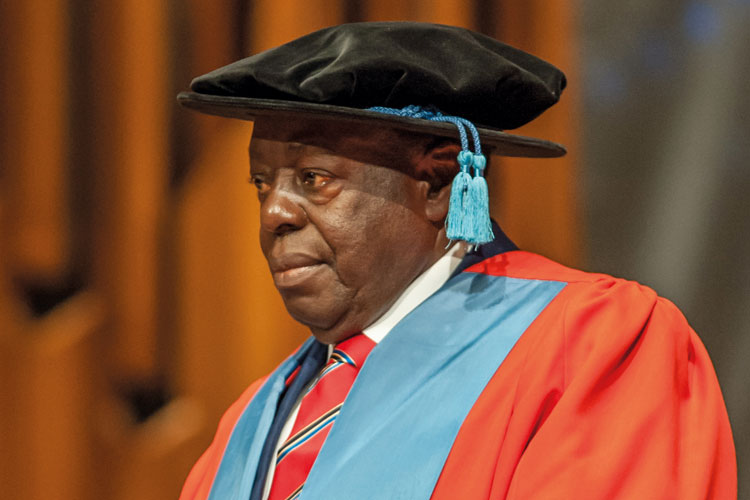Legal luminary and founder of Afe Babalola University, Ado-Ekiti (ABUAD), Chief Afe Babalola (SAN), has issued a stern warning to the Federal Government, urging it to immediately halt the indiscriminate approval of licenses for new universities across Nigeria. He warned that the trend could jeopardize the nation’s future by compromising educational standards.
Speaking during the High Impact Research and Journal Advancement Workshop hosted by ABUAD in Ado-Ekiti, the Senior Advocate of Nigeria decried the rising number of substandard institutions, stating that many of them lack even basic infrastructure and facilities required to provide quality tertiary education.
“Approving establishment of universities without consideration for quality and infrastructure could adversely affect the country in the future, if not stopped immediately,” Babalola said.
He recalled the more rigorous and credible university accreditation process during the tenure of Prof. Peter Okebukola as the Executive Secretary of the National Universities Commission (NUC), when universities, particularly those seeking to offer degree programmes in Medicine, Engineering, and Law, were subjected to strict scrutiny.
“But what do we have today? Mass approval of mushroom and substandard universities, with some lacking even the basic learning facilities and infrastructure,” he lamented.
Babalola also criticized the weakening of NUC’s regulatory capacity, blaming the current licensing process for undermining the commission’s ability to enforce quality control. “As a result of this ‘anything goes’ approach to university licensing and accreditation, NUC’s ability to stamp out substandard institutions has been seriously compromised,” he stated.
He revealed that while Nigeria already has more than 270 universities, over 200 new proposals for university establishments are currently pending before the National Assembly. “The focus now seems to be on quantity, not quality… The end result is a rapid decline and rot of our educational system, and in the quality of our graduates. Poor education is worse than illiteracy,” he warned.
Emphasizing the importance of quality research in national development, Babalola argued that the proliferation of ill-equipped institutions would sabotage the country’s academic output. “If we are really serious about accelerating national development through research, the starting point will be that the process of approval for university licenses should be thorough,” he added.
Background: A Rapid Expansion Amid Scrutiny
The Federal Government has in recent months ramped up efforts to expand access to higher education. In early 2025, President Bola Ahmed Tinubu signed bills establishing two new federal universities: the Federal University of Agriculture and Development Studies in Iragbiji, Osun State, and the Federal University of Technology and Environmental Sciences in Iyin Ekiti, Ekiti State.
Additionally, in February 2025, Tinubu approved the Federal University of Environment and Technology in Ogoni, Rivers State, and by March, the Federal Executive Council granted provisional licenses to 11 new private universities.
However, in response to growing concerns, the government recently announced a one-year moratorium on registering new private universities. The pause is intended to allow the NUC to review and tighten its regulatory frameworks, ensuring that all new institutions meet required academic, infrastructural, and capacity benchmarks before being licensed.
As Nigeria grapples with balancing access and quality in its higher education sector, Babalola’s warning underscores the urgent need for robust oversight and long-term planning.

